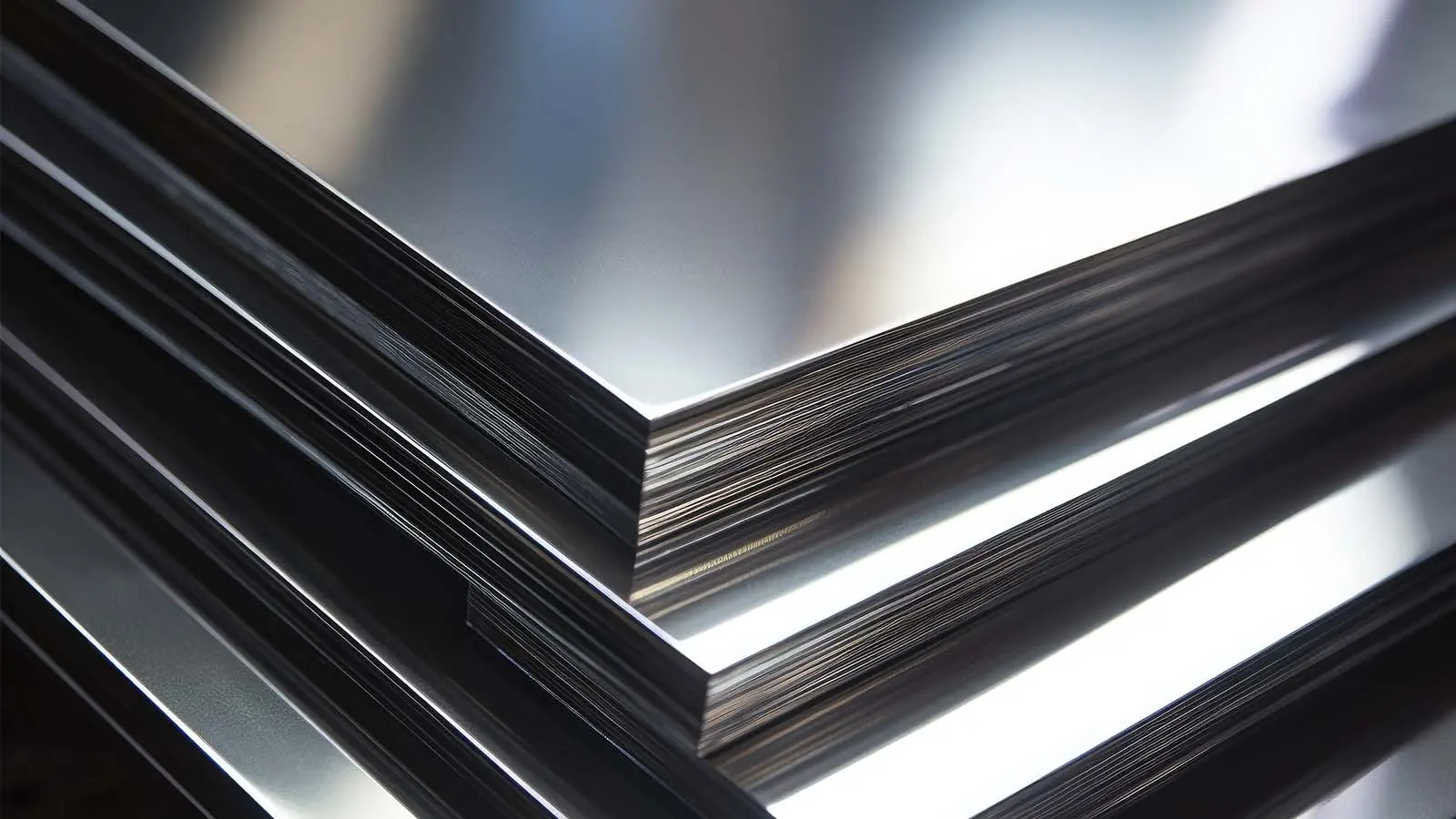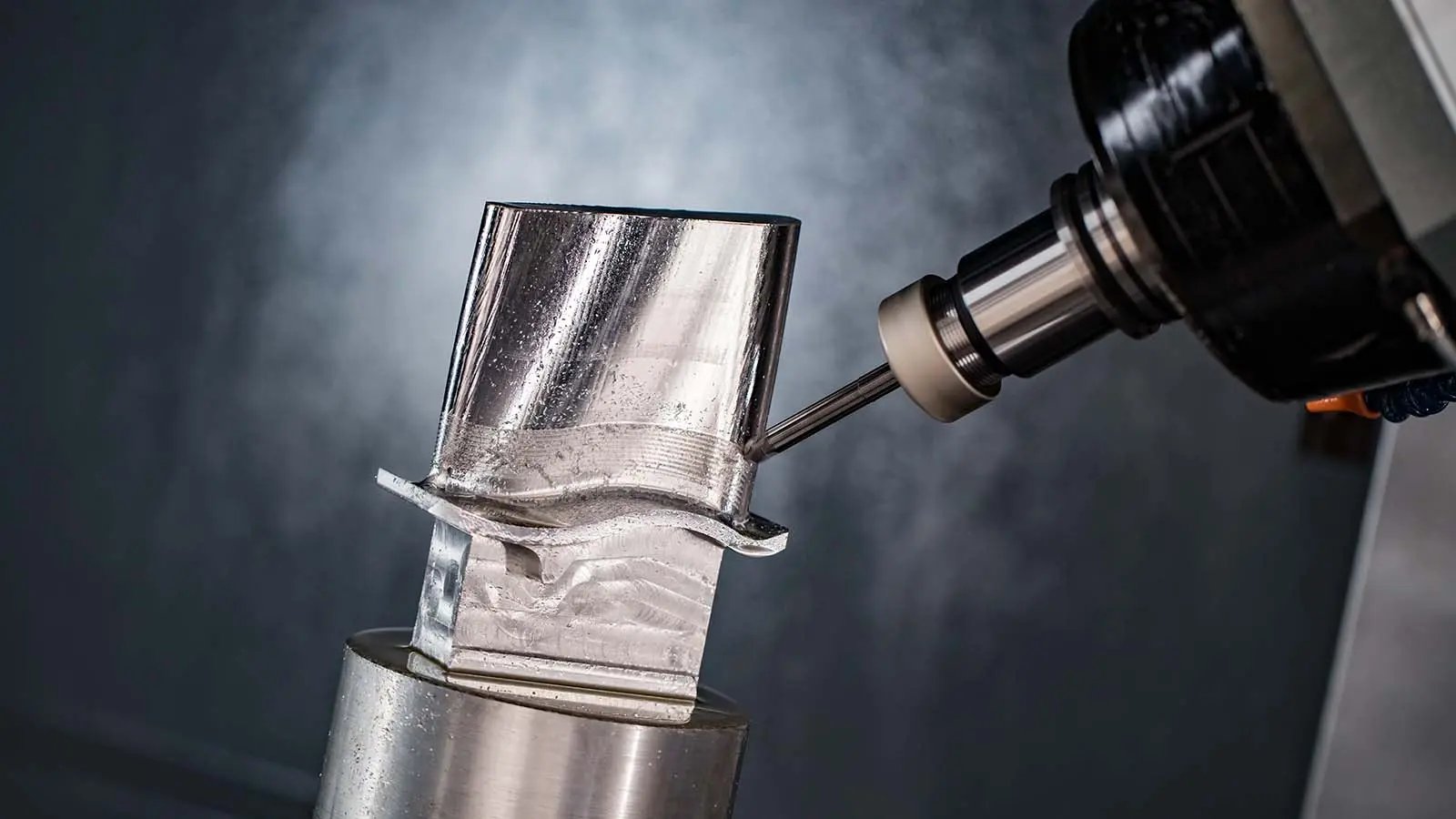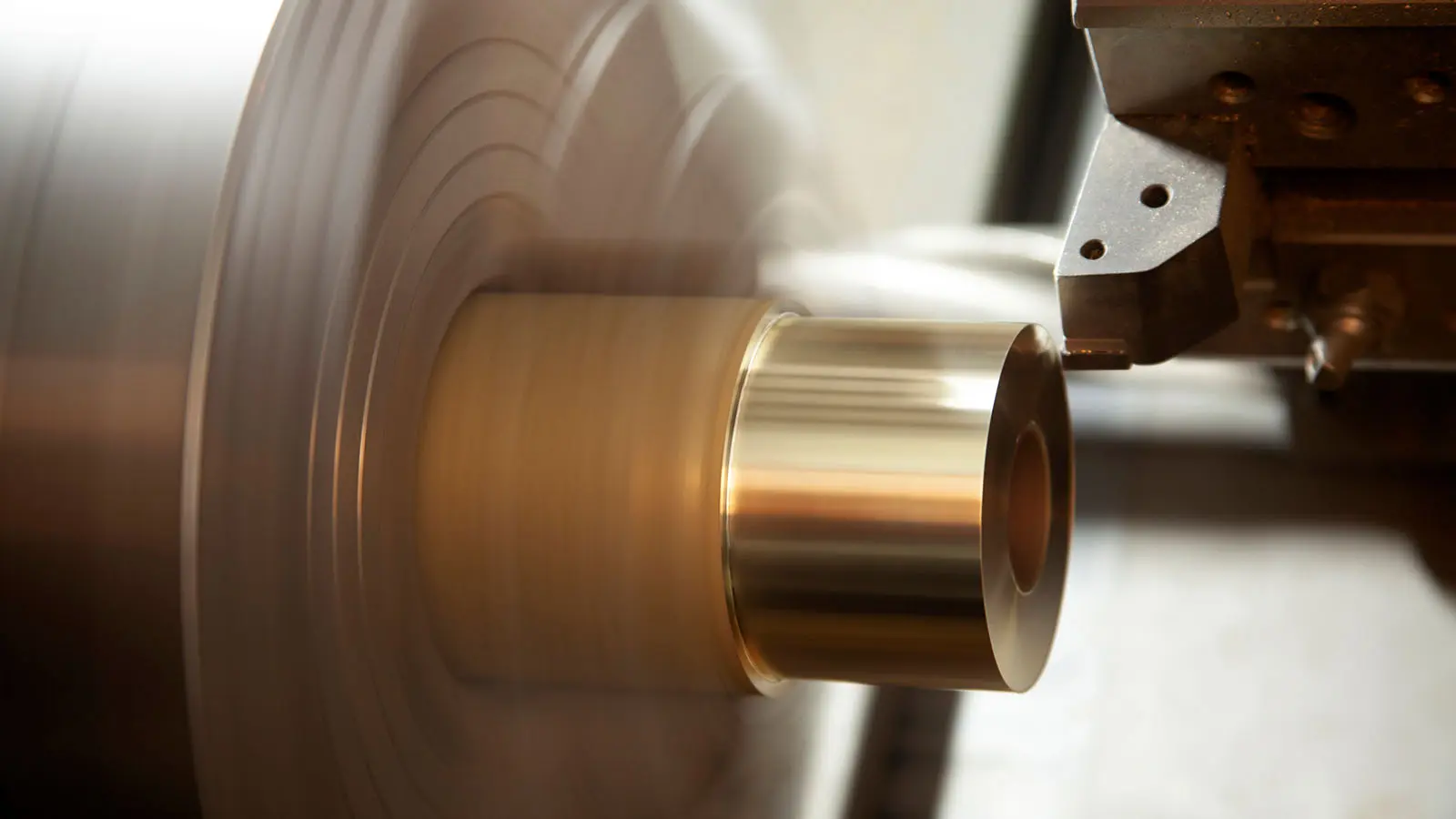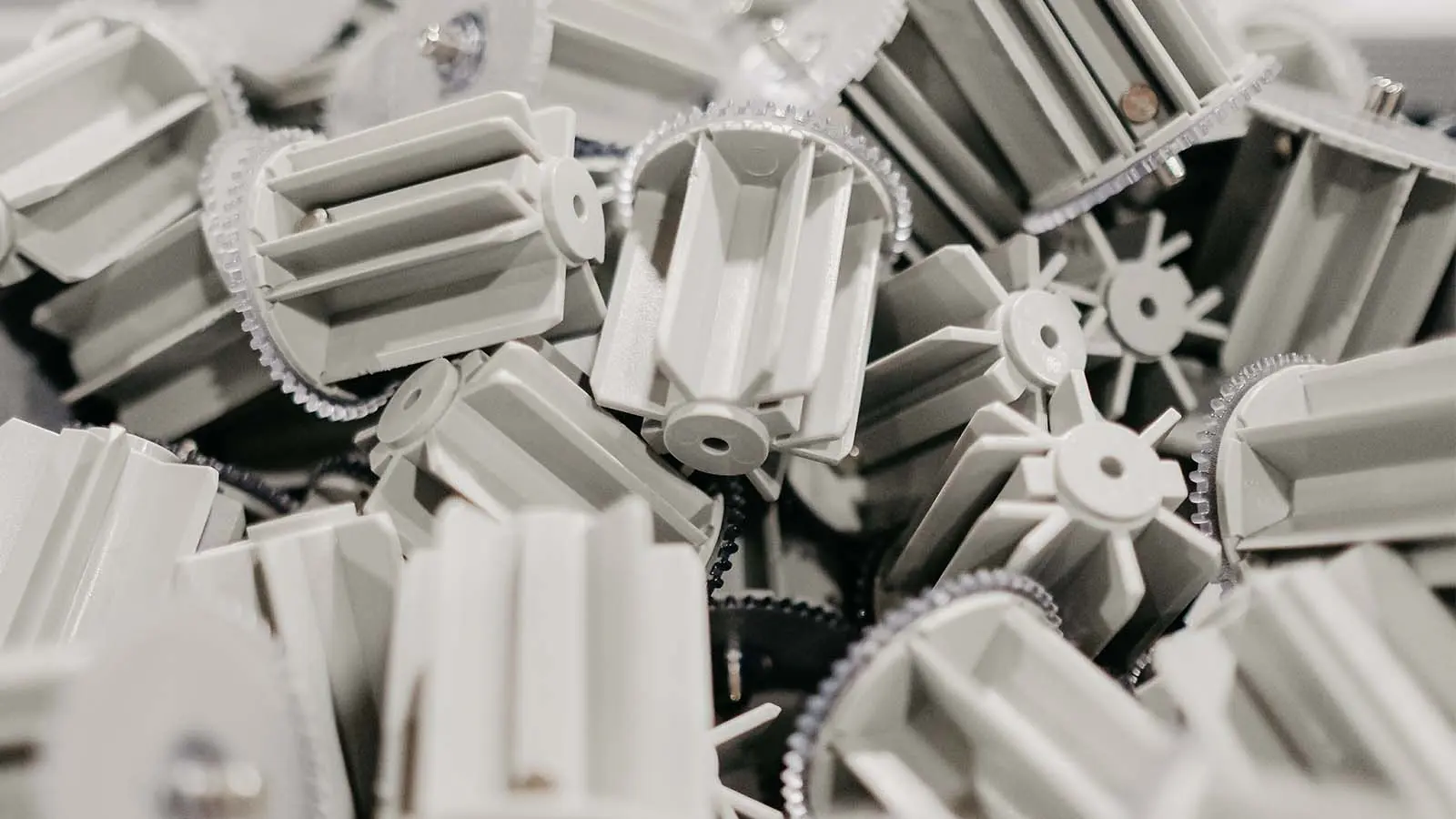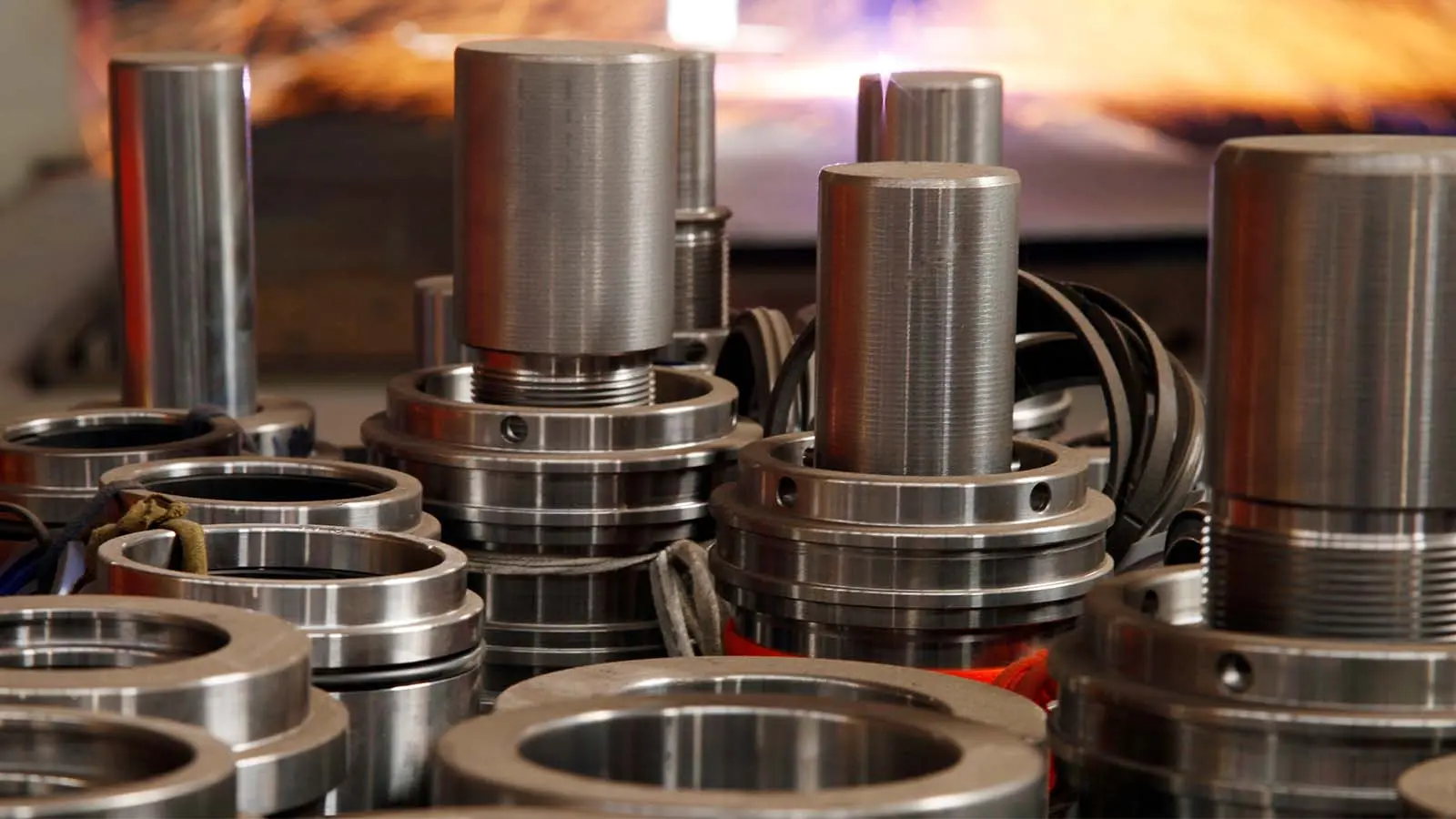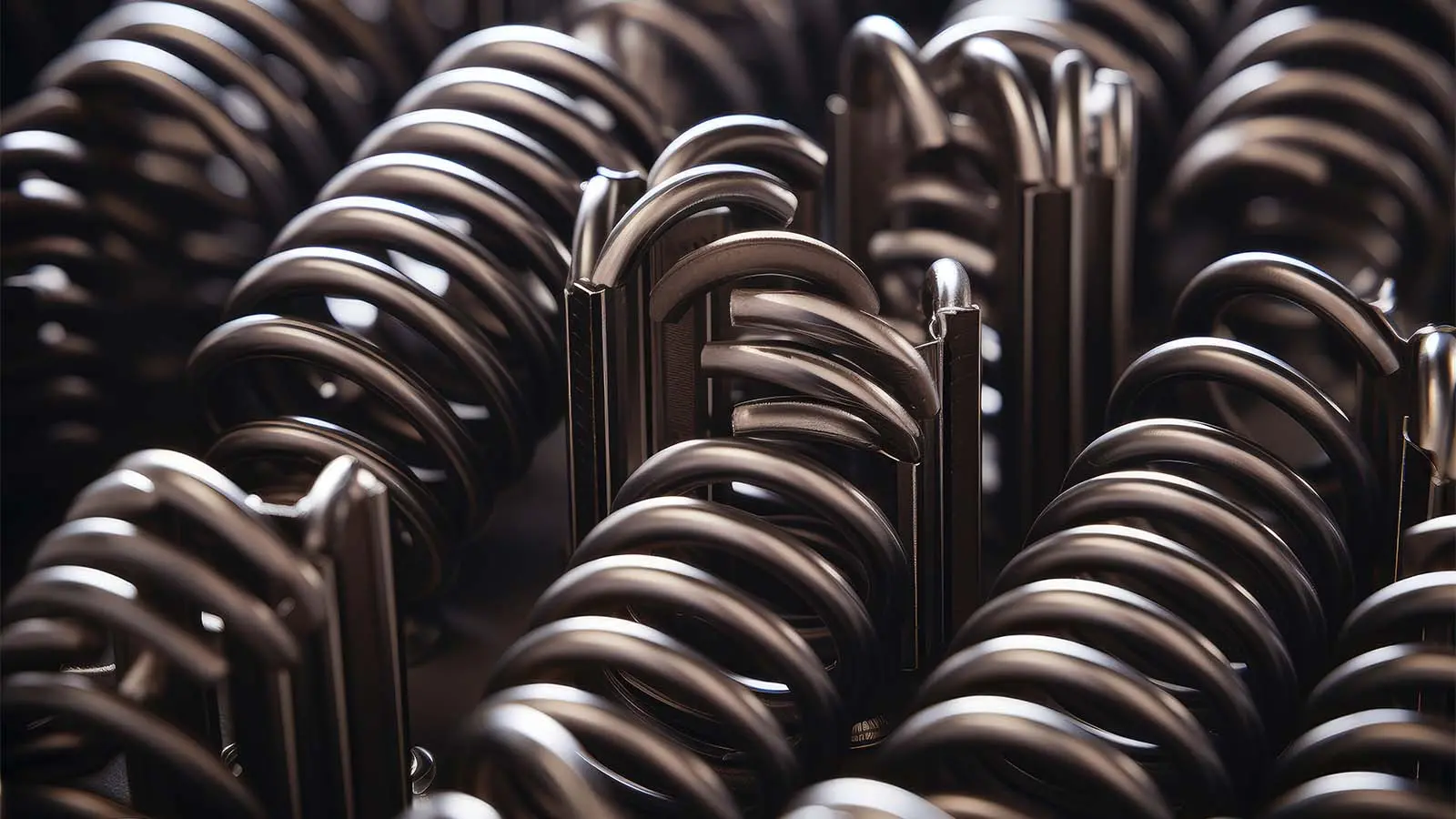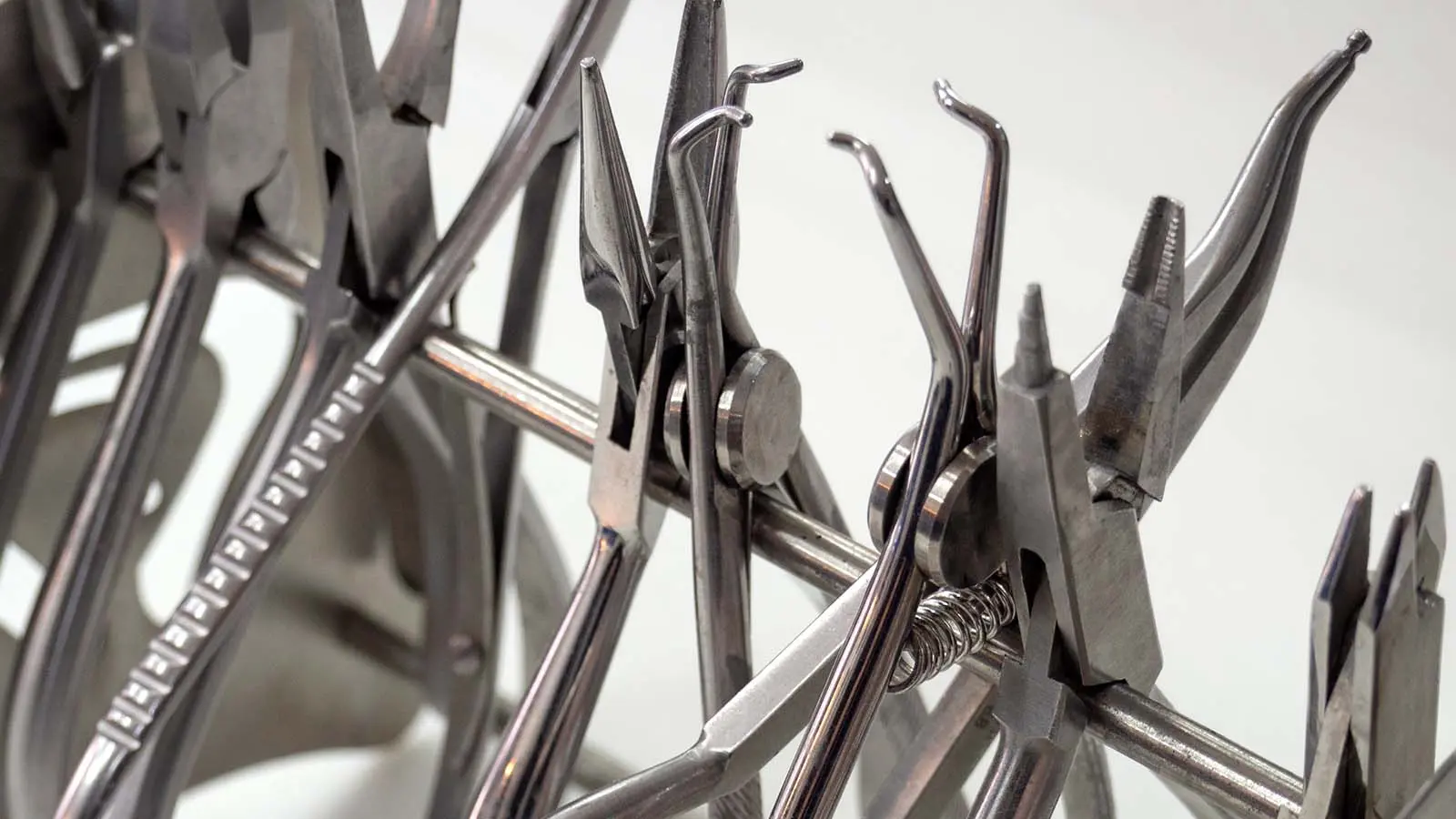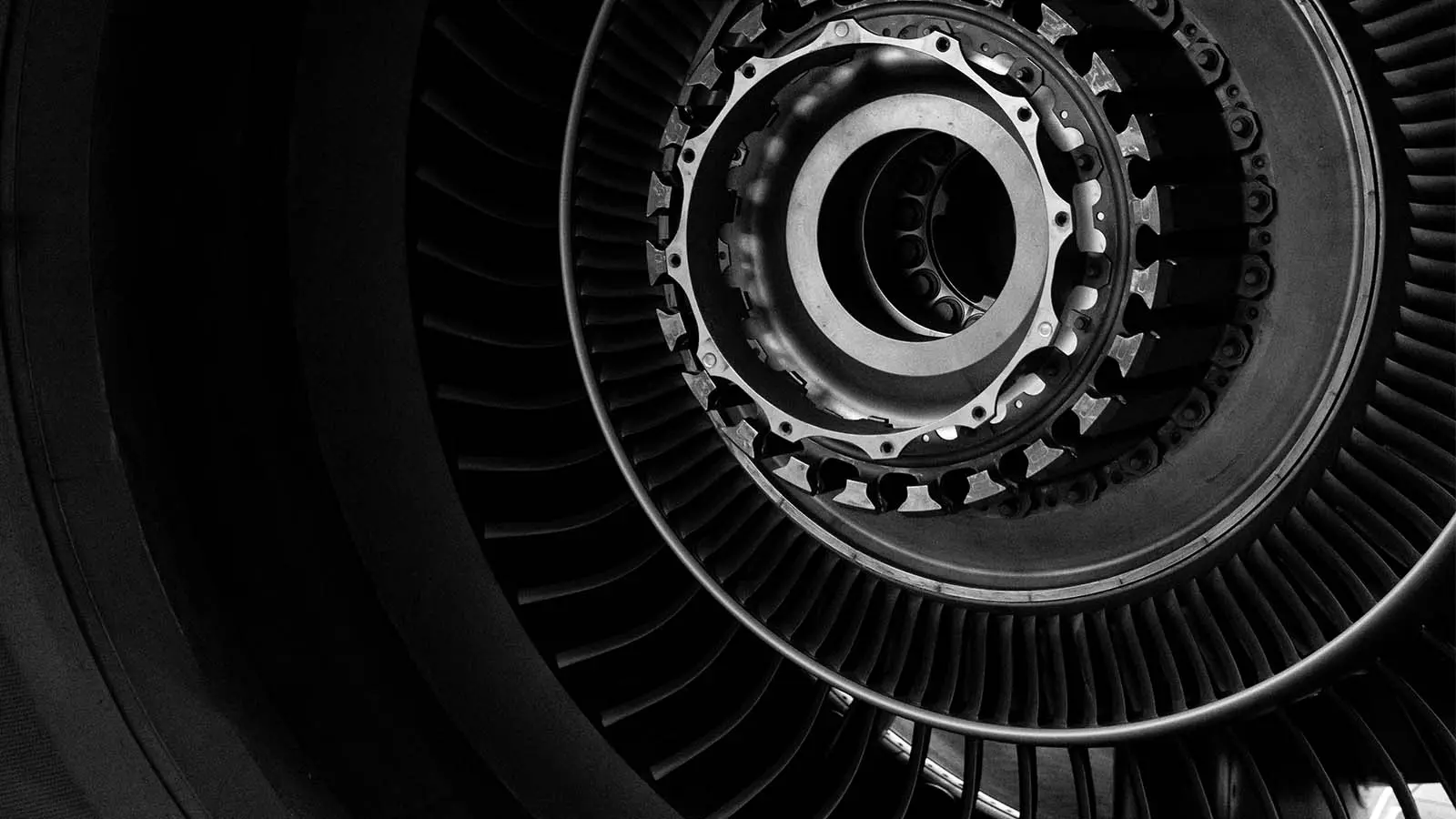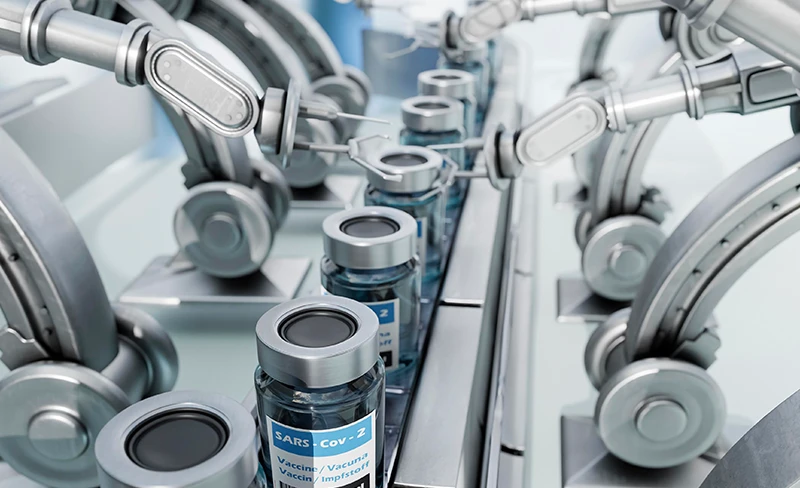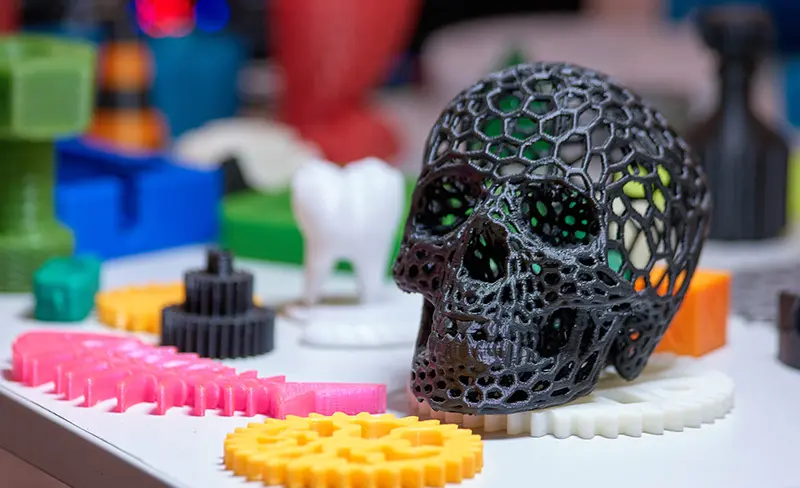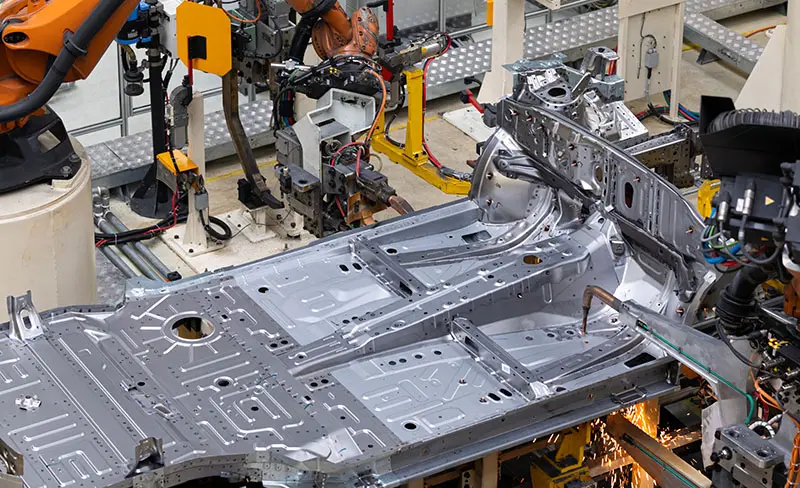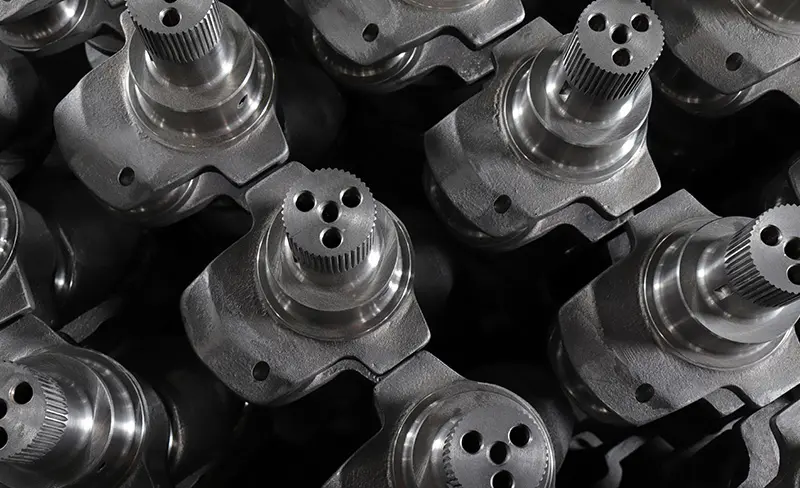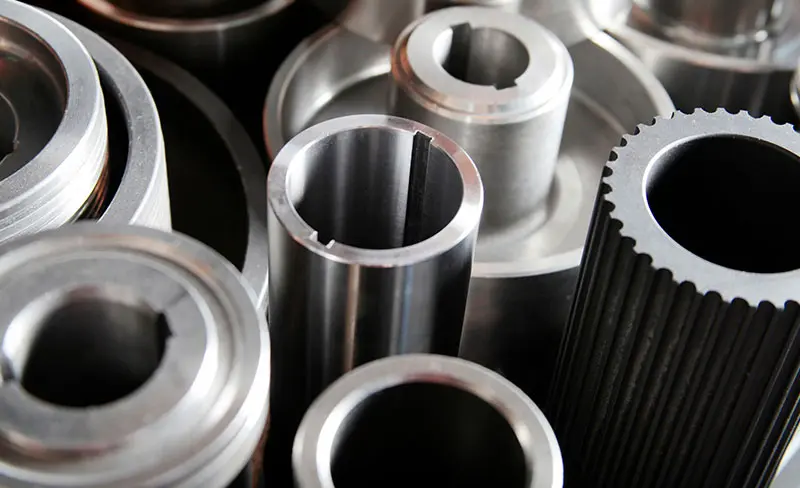Top 8 Materials for Precision CNC Machining: A Comprehensive Guide
- Release Date: April 28, 2024
Introduction
Precision CNC machining is an advanced manufacturing process that offers high levels of detail and accuracy in the production of mechanical components. At the heart of this process lies material selection, a critical factor that significantly influences the success of any CNC machining project. The choice of material affects not only the machinability but also the final product’s performance, durability, and cost. Selecting the right material for a specific application ensures optimal results, as it determines the part’s ability to withstand various operating conditions and environmental factors. NOWfab.com, a digital manufacturing platform, provides a comprehensive selection of materials to match the diverse needs of modern manufacturing projects.
1. Aluminum Alloys
- Benefits of Aluminum in CNC Machining
Aluminum alloys are favored in CNC machining for their low weight, which reduces overall part mass for enhanced performance. Their high strength-to-weight ratio ensures durability without added bulk. Additionally, aluminum’s good thermal conductivity allows for efficient heat dissipation, making it ideal for components prone to heating during operation. These properties make aluminum alloys a popular choice for a wide array of applications, from automotive to aerospace and consumer electronics.
- Common Aluminum Grades for Precision Work
Common aluminum grades for precision CNC machining include 6061-T6, known for its good mechanical properties and resistance to corrosion, often used in structural applications. 2024 is strong, has good fatigue resistance, and is used in aerospace components. 5052 offers high resistance to saltwater corrosion, making it ideal for marine applications. Each grade’s specific properties make them suitable for different high-precision projects.
2. Stainless Steel
- Characteristics of Stainless Steel for CNC Applications
Stainless steel is an excellent choice for CNC machining due to its exceptional corrosion resistance, making it suitable for environments where parts may be exposed to moisture or chemicals. It also boasts high durability and strength, allowing it to withstand the rigors of demanding applications. Stainless steel’s ability to maintain its surface finish without additional treatments adds to its appeal. It’s commonly used in medical equipment, aerospace components, and food processing machinery where cleanliness and longevity are paramount.
- Grades and Their Suitability in Machining
Stainless steel grades vary in their machining characteristics due to differences in chemical composition. Grade 304, the most common, offers good corrosion resistance but can be challenging to machine due to its work-hardening properties. Grade 316, with molybdenum addition, has improved corrosion resistance but is slightly harder to cut. Both grades produce a fine finish when machined. On the other hand, free-machining grades like 303 and 416, with added sulfur and lead, respectively, are easier to cut but may compromise on corrosion resistance. Machinability, finish quality, and corrosion resistance must be balanced based on the application’s requirements.
3. Brass and Bronze
- Non-Ferrous Machining with Brass and Bronze
Brass and bronze are valued materials in non-ferrous CNC machining for their unique mechanical and thermal properties. Brass, an alloy of copper and zinc, offers high ductility, good thermal and electrical conductivity, and corrosion resistance, making it ideal for applications like electrical components and valves. Bronze, primarily a copper-tin alloy, is known for its strength, wear resistance, and acoustic properties, suitable for bearings and artistic creations. Both materials are easy to machine, providing excellent finish quality and dimensional stability.
- Applications and Machining Considerations
Brass and bronze are commonly utilized in CNC machining for applications such as musical instruments, gears, and decorative components due to their acoustic properties, machinability, and corrosion resistance. When working with these materials, it’s important to consider their higher tool wear compared to steel. Using the right cutting tools, speeds, and lubricants can optimize the machining process and extend tool life. Additionally, bronze’s alloy variations offer different mechanical properties, allowing for customization based on specific project requirements.
4. Plastic Materials
- Role of Plastics in Precision CNC Machining
Plastics play a significant role in precision CNC machining, particularly in prototyping and low-volume production. They offer design flexibility, quick turnaround times, and cost-effectiveness, making them ideal for creating complex geometries and one-off parts. Materials like polycarbonate, acrylic, and PEEK are chosen for their strength, chemical resistance, and thermal stability. When rapid iteration is crucial, plastics enable manufacturers to validate designs and functionality before committing to high-volume production.
- Common Plastics and Their Properties
In CNC machining, plastics like ABS, polycarbonate, and nylon are popular due to their diverse properties. ABS is known for its toughness, chemical resistance, and ease of machining, suitable for enclosures and housings. Polycarbonate offers high strength, transparency, and temperature resistance, ideal for lenses and automotive components. Nylon’s durability, wear resistance, and chemical stability make it perfect for gears and bushings. Each plastic’s unique attributes cater to specific applications in industries ranging from electronics to automotive.
5. Titanium Alloys
- Strength and Applications of Titanium in CNC
Titanium alloys are prized in CNC machining for their high strength-to-weight ratio, excellent corrosion resistance, and biocompatibility. These superior properties make them ideal for aerospace applications, such as airframe components and engine parts, where strength and weight reduction are critical. In the medical industry, titanium’s compatibility with the human body and resistance to wear make it a material of choice for implants and prosthetics. Despite challenges in machining due to its low thermal conductivity, titanium alloys offer unparalleled performance in demanding applications.
- Machining Challenges and Solutions
Machining titanium presents challenges due to its low thermal conductivity and tool affinity, leading to high cutting temperatures and rapid tool wear. To mitigate these issues, using sharp tools, high feed rates, and generous lubrication can improve the process. Additionally, selecting the right grade of titanium and optimizing CNC machine parameters are crucial. These solutions help maintain tool life and achieve the desired part accuracy, despite titanium’s machining complexities.
6. Carbon Steel
- Utilization of Carbon Steel in CNC Machining
Carbon steel is a versatile material widely used in CNC machining due to its high strength, ductility, and cost-effectiveness. It offers a range of properties based on carbon content, with low carbon steel being malleable and high carbon steel providing greater strength. Carbon steel’s machinability and ability to withstand heat treatment make it suitable for a variety of applications, from automotive parts to industrial machinery. Despite its susceptibility to corrosion, proper surface treatments can enhance its durability and performance.
- Distinctions Between Low and High Carbon Steel
Low carbon steel, with less than 0.29% carbon content, is characterized by its ductility and ease of machining, making it ideal for forming and welding applications. It is commonly used in automotive bodies and structural components. In contrast, high carbon steel, containing 0.60% to 1.4% carbon, offers greater strength and hardness, but is more challenging to machine and weld. It is preferred for applications like springs, cutting tools, and wear-resistant parts. Understanding the carbon content and its impact on mechanical properties is crucial for selecting the appropriate steel grade for specific CNC machining projects.
7. Tool Steels
- Importance of Tool Steels in Mold Making and High-Stress Applications
Tool steels are indispensable in mold making and high-stress applications, renowned for their exceptional wear resistance and toughness. These alloys, containing high carbon and chromium content, maintain their hardness and stability even under extreme conditions. Tool steels’ ability to withstand the rigors of injection molding, stamping, and high-pressure die casting, makes them the material of choice for creating durable and long-lasting molds. Their performance under stress ensures the efficiency and longevity of tools in demanding manufacturing environments.
- Types and Heat Treatment Processes
Tool steels are categorized into various types, each tailored for specific applications through heat treatment processes. Common types include high-speed steel, which gains hardness and wear resistance after quenching and tempering. Mold steels, known for their toughness and resistance to deformation, are treated through normalization and tempering. Cold work tool steels, used for their high hardness and wear resistance at low temperatures, undergo quenching and tempering for optimal performance. These heat treatments unlock the full potential of tool steels, making them suitable for a wide range of precision manufacturing tasks.
8. Exotic Materials
- Exploring Exotic Materials for Specialized CNC Applications
Exotic materials in CNC machining refer to advanced, high-performance substances used for specialized applications where conventional materials fall short. These include materials like Inconel, Waspaloy, and PEEK, which offer unique properties such as extreme temperature resistance, exceptional strength, and chemical inertness. Used in industries like aerospace, medical, and high-end automotive, these materials are chosen for their ability to meet stringent performance criteria and withstand harsh operating conditions, pushing the boundaries of what’s possible in precision manufacturing.
- Examples and Processing Techniques
Exotic materials like Inconel and Waspaloy are utilized in high-stress and high-temperature applications due to their exceptional strength and corrosion resistance. Inconel, a family of austenitic nickel-chromium-based superalloys, is often chosen for its resistance to extreme temperatures and corrosive environments, as seen in gas turbines and aerospace engines. Waspaloy, known for its fatigue resistance and stability, is ideal for components in jet engines. Machining these materials requires specialized techniques, including high-speed machining, rigorous tool selection, and precise control of machining parameters to ensure successful and efficient processing.
Material Selection Criteria for CNC Machining
- Balancing Material Properties with Machining Requirements
Material selection in CNC machining is a delicate balance of properties and requirements. Machinability, the ease with which a material can be shaped and worked, is a primary concern. Materials that are difficult to machine may require specialized tools or slower speeds, impacting production time and cost. Strength, including tensile, yield, and impact resistance, is crucial for parts that endure stress or load. However, stronger materials may be harder to machine. Cost is another critical factor, as it influences the overall budget and must be weighed against the material’s performance benefits. Selecting the right material involves considering these factors and aligning them with the specific demands of the project for optimal results.”
- Cost Implications and Availability
The material selection process in CNC machining is significantly influenced by the cost implications and availability of materials. Cost is a determinant factor, affecting not just the material acquisition but also the overall production budget. High-cost materials may offer superior properties but could lead to increased expenses, impacting the final product’s affordability. Conversely, more affordable materials might compromise on certain performance aspects. Availability ensures a consistent supply chain, crucial for uninterrupted production. It’s also essential to consider the lead time for material delivery, especially for specialized or exotic materials. Balancing these factors with the desired material properties and the project’s specific requirements is key to successful material selection and efficient manufacturing.
Conclusion
Material selection for precision CNC machining is a critical process that requires a thorough understanding of material properties, machining requirements, and economic factors. Material properties such as strength, machinability, and thermal conductivity directly impact the part’s performance and the machining process’s efficiency. Machining requirements, including tolerances, surface finish, and desired geometry, must align with the material’s capabilities. Economic factors like material cost, availability, and the potential impact on production costs are also crucial considerations. As CNC machining technology advances, the development of new materials with enhanced properties is expected to expand the possibilities for manufacturers. Additionally, there is a growing focus on sustainability, with material choices increasingly reflecting environmental concerns. The future of material technology in CNC is likely to prioritize materials that offer a balance of performance, cost-effectiveness, and eco-friendliness.
Try NOWfab Now!
All information and uploads are secure and confidential.
Latest Blog Posts
Stay at the forefront of industry innovation by reading our latest blog post.
